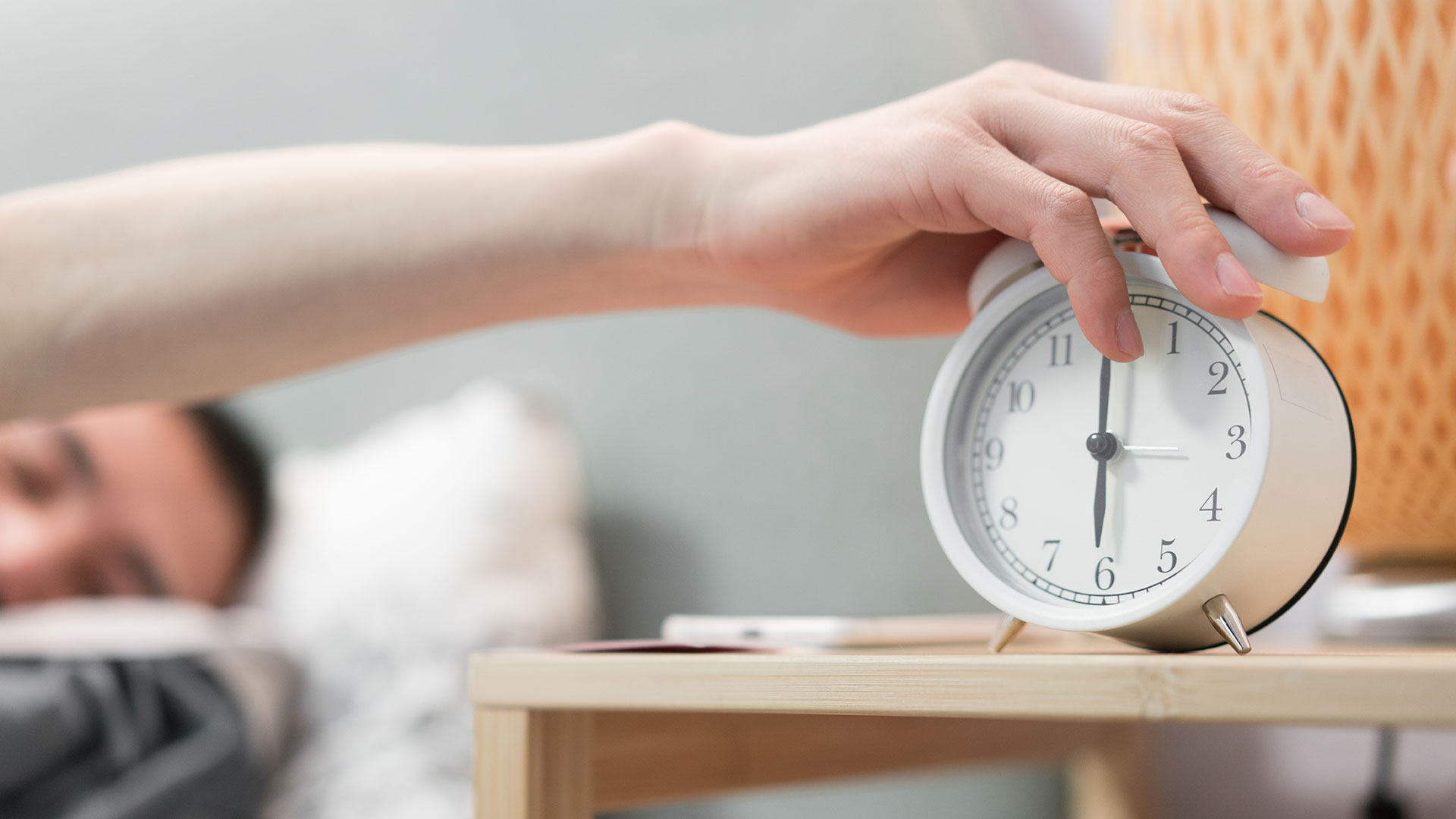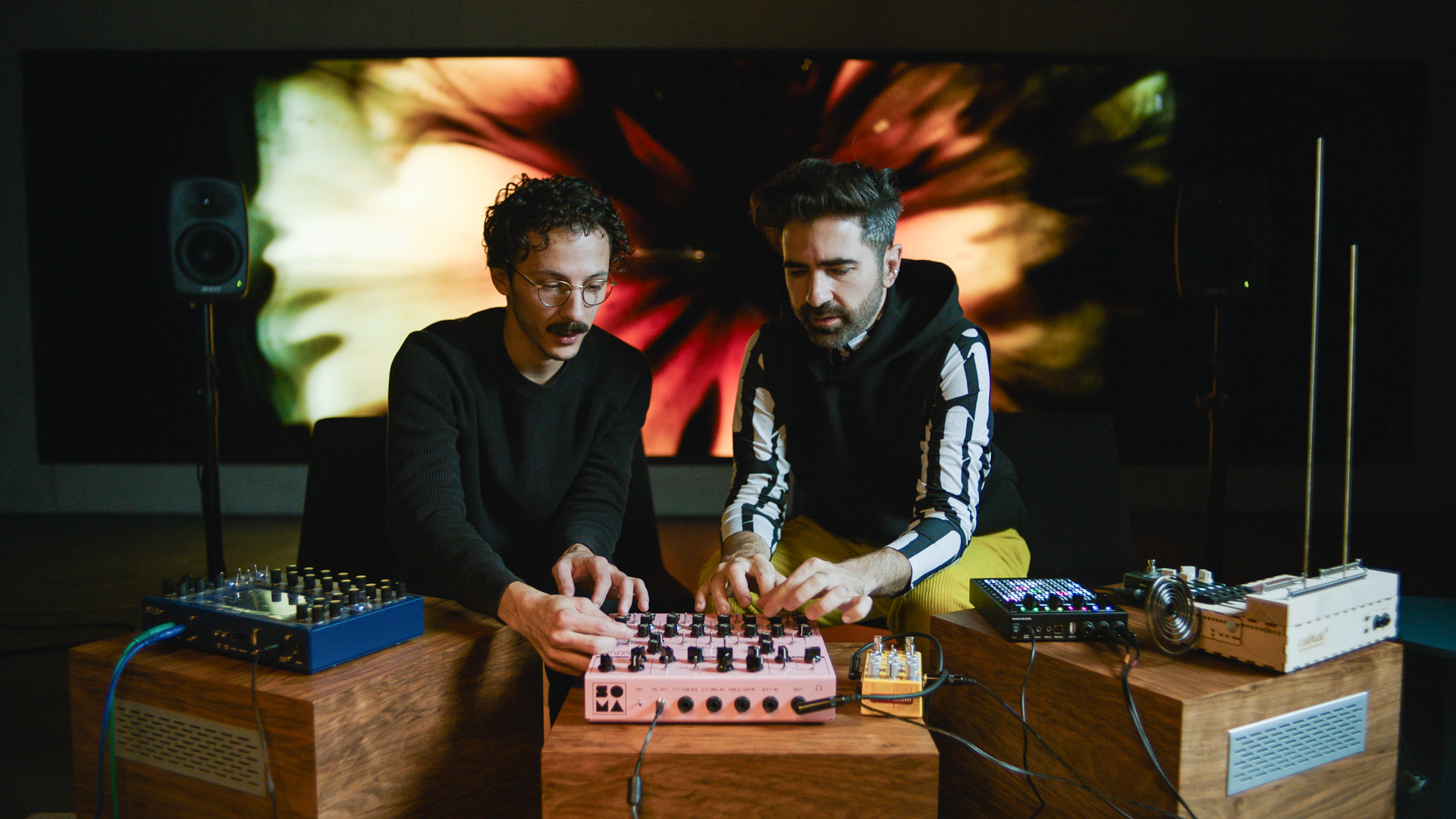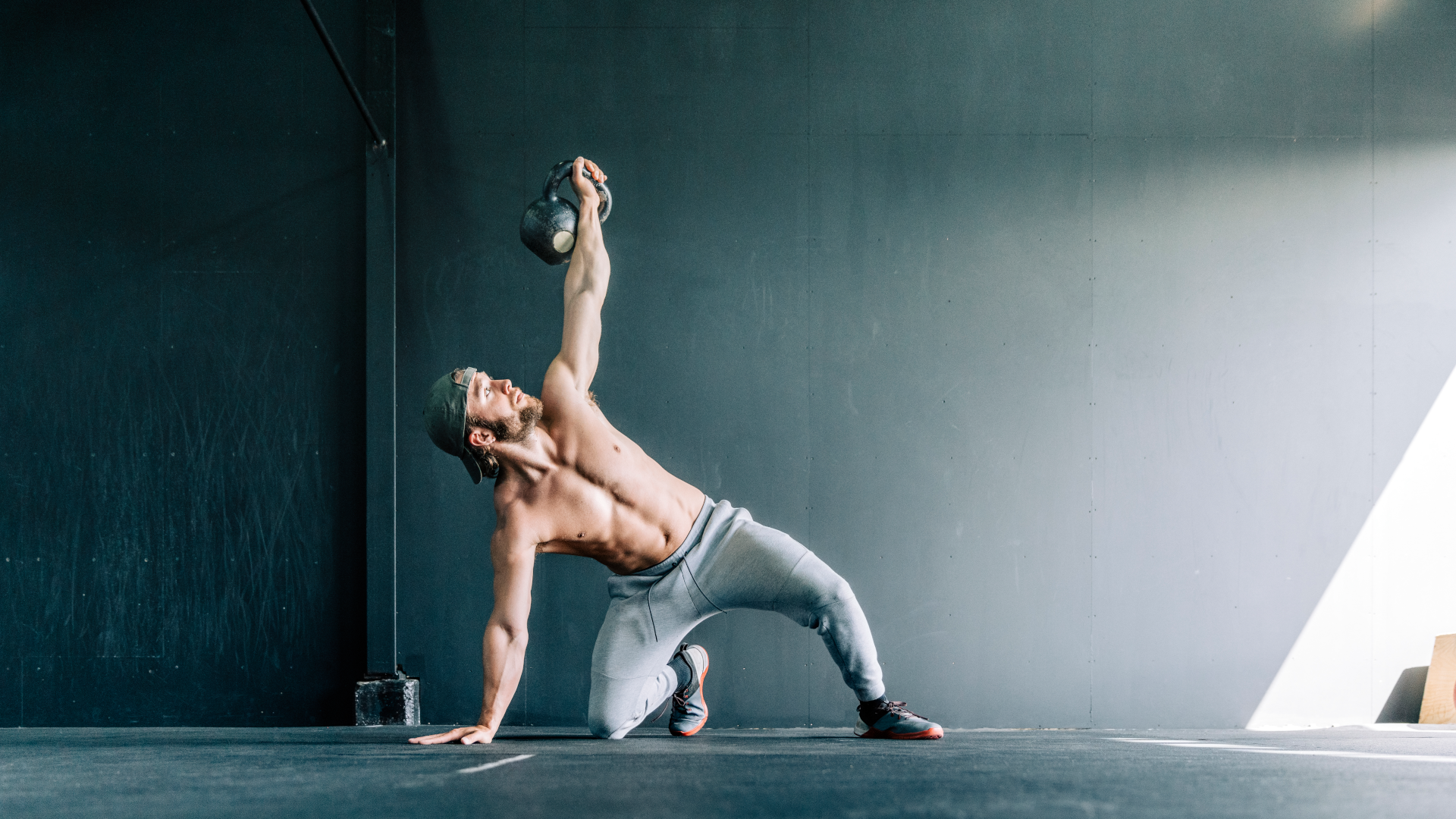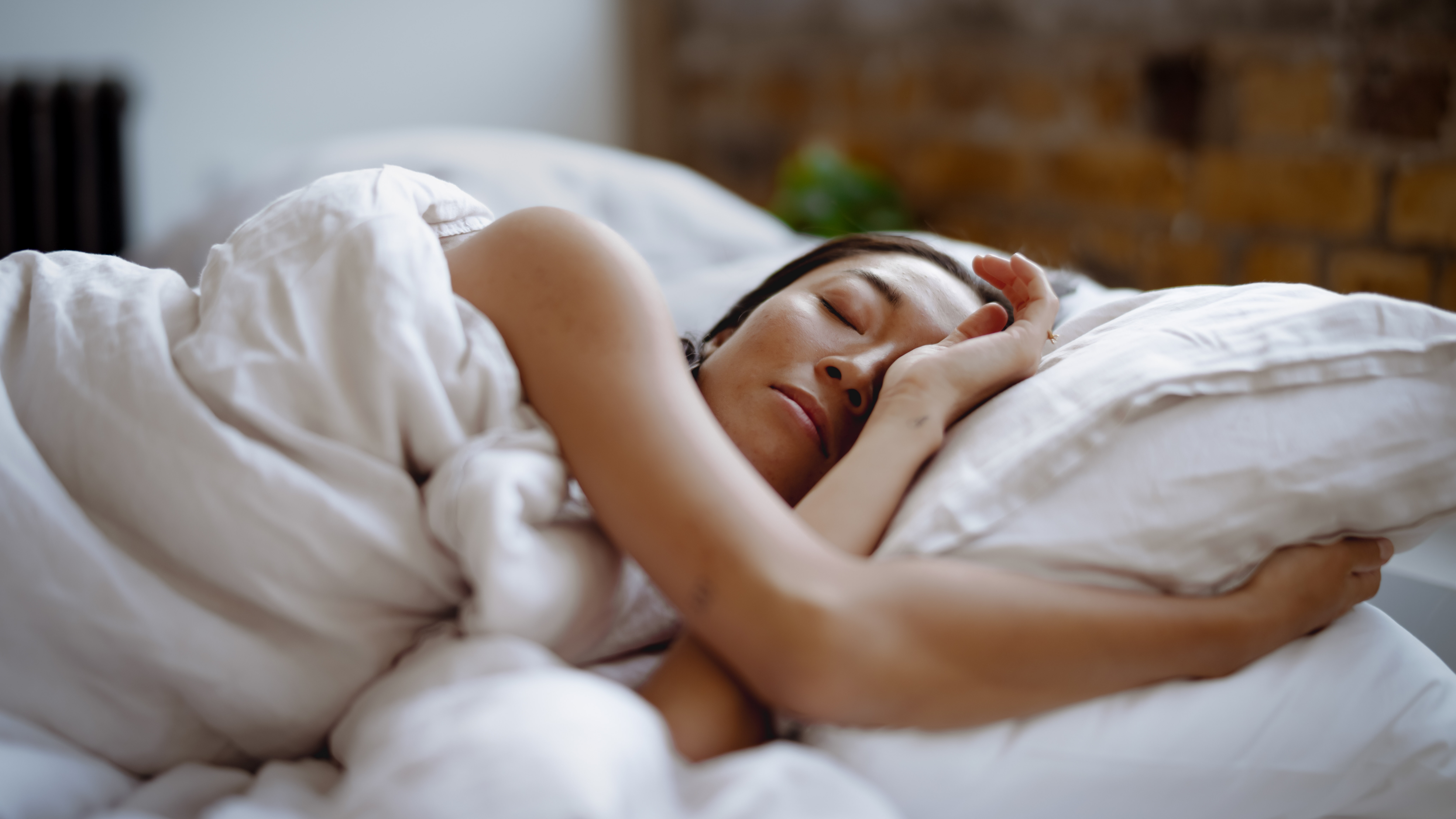

Starting your morning feeling alert and ready to get started with the day can be a struggle. Apparently, the alarm sound you choose can have an impact on your grogginess levels; if you want to fend off feelings of sleepiness, you should pick a melodic alarm sound, rather than a traditional, jarring beep – and there's research to prove it.
Some people find that the gently brightening light of a wake-up light, which is designed to mimic sunrise, is the most effective way to get up in the mornings, but if you've got a traditional alarm clock or are using your phone, this is an easy hack that could help. T3 caught up with research lead Stuart McFarlane to hear about the behind science it all.
In an initial study, participants who used alarms that carry a tune reported less grogginess ('sleep inertia') than those using the traditional beeping alarm sound. A second study, the scientists designed their own melodic alarm, and tested that against a beeping one. The findings matched the results of the first study – those using a tuneful alarm experienced improved alertness upon waking, and afterwards.
What's wrong with a beeping alarm?
The reason a beep leaves you feeling groggy is all to do with how much the sound challenges your brain, apparently. "Humans love melody and are quite good at interpreting them – but to do so requires the brain to activate more resources such as memory and attention," says Stuart. "Single note alarms that do not carry a tune are less challenging for the brain to interpret, and thus do not encourage as much of the brain resources."
How does a tuneful alarm wake you up?
It's all to do with how your brain processes sound, says Stuart. Audio can influence how your brain focuses resources that can counteract waking grogginess, for example attention and memory.
"The brain regions important for alert performance (the prefrontal cortical regions) take longer to 'start-up' than other areas (such as the basal ganglia) which are important for arousal," he explains. "This means you can be awake, but not fully alert."
Because blood flow in the brain has also been shown to be diminished after waking (compared to the pre-sleep state), to achieve alert wakefulness, we might need to find ways to encourage a redistribution of blood flow to the brain. Certain types of sound can achieve this.
Sign up to the T3 newsletter for smarter living straight to your inbox
Get all the latest news, reviews, deals and buying guides on gorgeous tech, home and active products from the T3 experts
What's the perfect alarm sound?
Stuart has developed an experimental alarm sound entitled Dawn Birds Deliberate. Based on what we know so far, it should be ideal to promote wakefulness in the morning. You can listen to it below.
To achieve this, the design uses a "longer phrase length to afford musical narrative", as well as a call and response sequence – thought to be a shared trait between humans and many bird species. "The alarm is imagined as a conversation between two dawn birds deliberating the beautiful sunrise and the day to come," says Stuart. "To complement the functional musical elements (tempo, frequency, timbre, melodic contour, expectation etc), the user may also prime themselves with a pleasant narrative prior to awakening, thus relieving anxious feelings and shock that has been associated to some harsh sounding 'beep beep beep' alarms."
That sequence isn't going to be available on your phone library, so what key features should you look for in an alarm sound? Evidence shows that an alarm with dominant frequencies around 500 hertz – or near to the key of C5 – are the ideal. Stuart also suggests looking for a melody you can easily sing or hum along to, and one that's not too fast or too slow (100 – 120 beats per minute is ideal). Finally, make sure it's loud enough to effectively wake you. Younger people (or particularly deep sleepers) typically need louder alarms than older people, assuming no hearing impairments.
Ruth is a lifestyle journalist specialising in sleep and wellbeing. She has tested more mattresses than her small flat can handle and will talk at length about them to anyone who shows even a passing interest, and has had to implement a one-in-one-out pillow policy for fear of getting smothered in the night. As well as following all the industry trends and advancements in the mattress and bedding world, she regularly speaks to certified experts to delve into the science behind a great night's sleep, and offer you advice to help you get there. She's currently Sleep Editor on Tom's Guide and TechRadar, and prior to that ran the Outdoors and Wellness channels on T3 (now covered by Matt Kollat and Beth Girdler-Maslen respectively).
-
 This is the sound of BMW's upcoming Neue Klasse EVs
This is the sound of BMW's upcoming Neue Klasse EVsHas BMW cracked the problem of making EVs sound fun with its next-gen soundscape for its Neue Klasse cars
By Alistair Charlton
-
 Build unshakeable core strength with a kettlebell and these three exercises
Build unshakeable core strength with a kettlebell and these three exercisesAdd this to the end of your workout to fire up your midsection muscles
By Bryony Firth-Bernard
-
 I spent 6 weeks with the FoodMarble Aire 2: here’s what I learned about my gut health
I spent 6 weeks with the FoodMarble Aire 2: here’s what I learned about my gut healthI’ve been testing the clever breath-testing gadget with the companion app over several weeks to find out if it delivers on its promises
By Lee Bell
-
 Oil pulling is going viral on TikTok for stopping morning breath – but does it actually work?
Oil pulling is going viral on TikTok for stopping morning breath – but does it actually work?4 hacks that prevent morning breath, according to a sleep expert
By Bethan Girdler-Maslen
-
 These limited edition McLaren x Loop earplugs are what you need for Formula 1 season
These limited edition McLaren x Loop earplugs are what you need for Formula 1 seasonMcLaren teams up with Loop on limited edition noise-reducing earplugs
By Bethan Girdler-Maslen
-
 5 sleep supplements that help me achieve 8+ hours of rest every night
5 sleep supplements that help me achieve 8+ hours of rest every nightIt took me years to perfect my sleep routine – here are the supplements that helped
By Lizzie Wilmot
-
 3 reasons why you wake up at 3am every night – and how to avoid it
3 reasons why you wake up at 3am every night – and how to avoid itAlways waking up in the middle of the night? This could be why…
By Bethan Girdler-Maslen
-
 This tiny device will automatically disable your distracting apps before you sleep
This tiny device will automatically disable your distracting apps before you sleepSay hello to Kip...
By Lizzie Wilmot
-
 Therabody experts give 7 tips for perfecting your sleep routine for World Sleep Day
Therabody experts give 7 tips for perfecting your sleep routine for World Sleep DayFrom breathing exercises to sleep masks, here’s how to prioritise sleep, according to experts
By Bethan Girdler-Maslen
-
 Loop Dream review: super soft earplugs to help you snooze soundly, even if you’re a side sleeper
Loop Dream review: super soft earplugs to help you snooze soundly, even if you’re a side sleeperSquishy silicone and uniquely shaped ear tips take Loop’s nighttime earplugs to dreamy heights
By Joanna Ebsworth